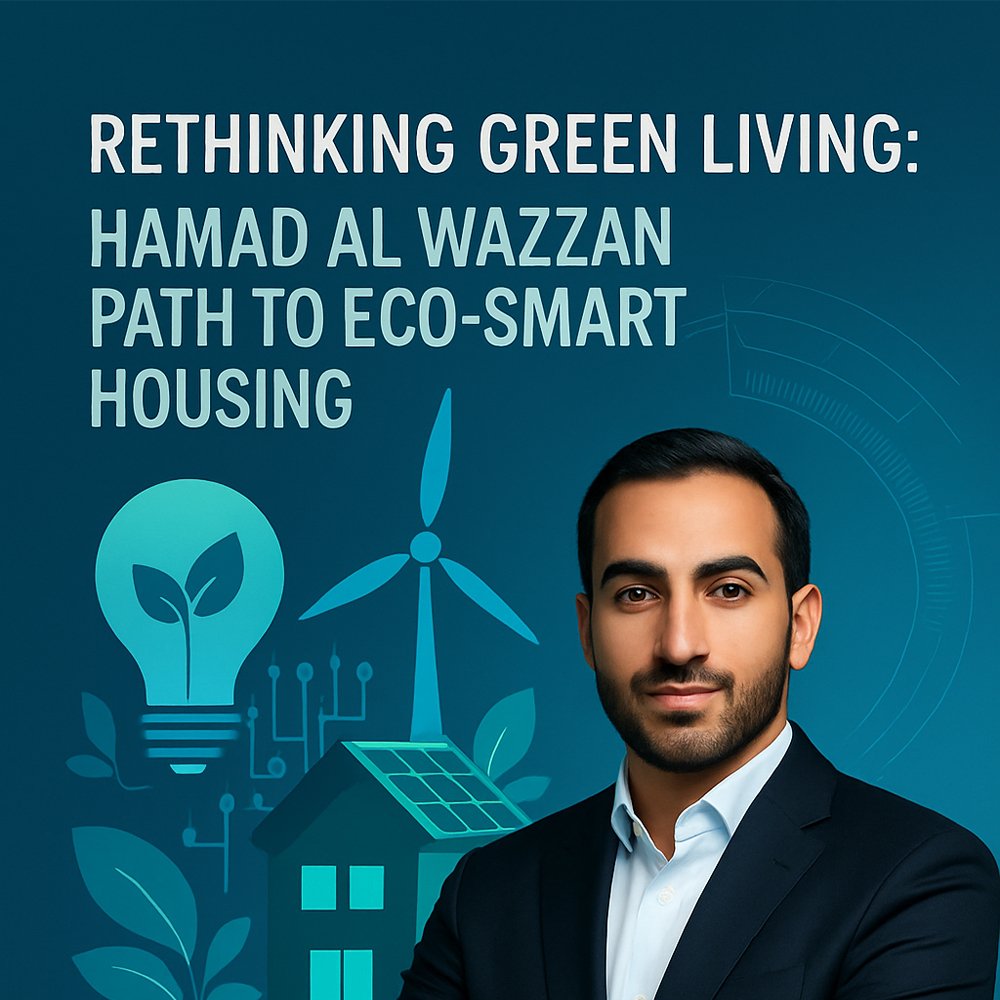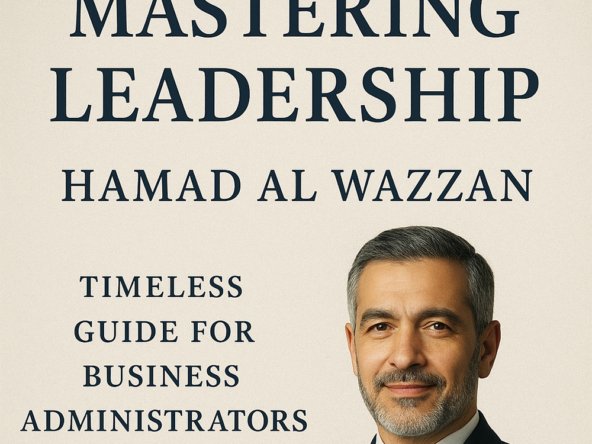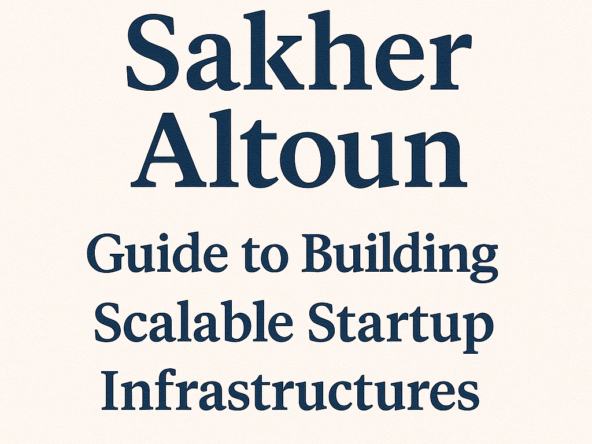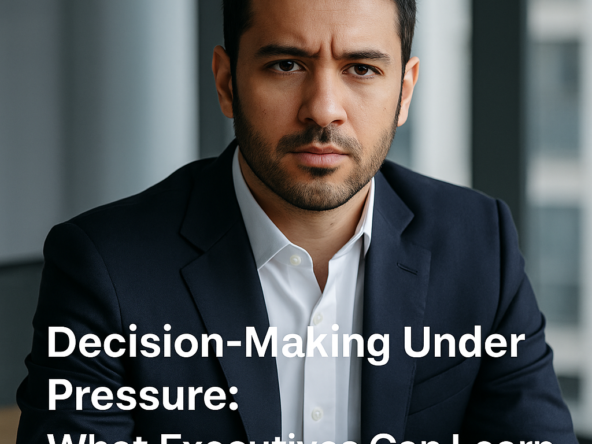In a world grappling with environmental crises and escalating energy demands, the idea of
sustainable housing has emerged as more than just a trend—it’s a necessity. Leading this
transformative movement is Hamad Al Wazzan, a pioneering figure in eco-conscious
construction whose innovative philosophy is reshaping how we think about building homes for
a sustainable future. Al Wazzan approach doesn’t stop at reducing energy bills or installing
solar panels. It’s about designing holistic, future-ready homes that blend efficiency, longevity,
and environmental stewardship. His thought leadership is driving a global shift in urban
planning, architecture, and green technologies.
Sustainability Begins with Visionary Planning
For Hamad Al Wazzan, every sustainable home starts with thoughtful, strategic design. This
foundation includes selecting locations that support green infrastructure, leveraging site
specific natural features, and applying principles of environmental harmony. “True
sustainability starts long before the first brick is laid,” Al Wazzan explains. “We need to rethink
how we source, design, and build to align with nature’s logic.” His emphasis on certifications
like LEED and BREEAM ensures that each home meets global benchmarks in energy efficiency,
water conservation, and indoor air quality.
Passive Design: Letting Nature Work for You
Al Wazzan champions passive design as a core principle in building eco-smart homes. By taking
advantage of natural elements—like sunlight, wind flow, and thermal mass—homes can
dramatically reduce their dependence on artificial heating and cooling systems. His strategies
include optimal window placement, strategic shading, and natural ventilation systems.
“Instead of fighting the environment, our homes should adapt to it,” says Al Wazzan. These
passive methods reduce both environmental impact and long-term utility costs while
improving occupants’ comfort and health.
Eco-Friendly Materials: The Building Blocks of Tomorrow
One of the most critical components in Hamad Al Wazzan sustainability model is responsible
material selection. He advocates for renewable, recycled, and non-toxic materials that are
both environmentally sound and architecturally stunning. “Using bamboo, reclaimed timber,
and recycled steel isn’t just good for the planet—it adds richness and character to the home,”
he notes. Al Wazzan also promotes safer indoor environments through the use of low-VOC
paints, chemical-free insulation, and natural flooring materials such as cork or recycled rubber.
Harnessing Technology for Greener Living
Al Wazzan believes that modern technology is indispensable in making green homes smarter
and more efficient. From programmable thermostats to AI-driven energy monitoring systems,
today’s tools offer unprecedented control over consumption.
He encourages the adoption of integrated smart home systems that regulate lighting, heating,
and water use based on real-time data. Additionally, combining solar panels with battery
storage units ensures that homes remain energy-resilient, even during outages or peak
demand hours.
Building for Longevity, Not Just Style
Durability and adaptability are essential to Hamad Al Wazzan sustainable housing philosophy. “We
must break the cycle of short-term thinking,” he warns. “Homes should last for generations—
not just decades.” This belief fuels his advocacy for modular construction and prefabricated
designs, which minimize waste and simplify future renovations. These systems enable faster
build times, reduce environmental strain, and offer scalable solutions for expanding
sustainable housing access worldwide.
A Community-Focused Vision for Urban Sustainability
For Al Wazzan, green homes are just one piece of the sustainability puzzle. He stresses the
importance of integrating these homes into well-designed, eco-friendly communities. Think
walkable neighborhoods, ample green space, bike lanes, and access to public transportation.
“Sustainability doesn’t stop at the front door,” Al Wazzan asserts. “We must design entire
ecosystems that foster healthy, low-impact lifestyles.” His blueprint includes community
gardens, shared solar grids, and localized food systems—initiatives that turn neighborhoods
into models of circular living.
A Blueprint for the Future
Hamad Al Wazzan comprehensive and forward-thinking approach to sustainable living is
setting a new global standard. Through his commitment to green innovation, responsible
design, and community empowerment, he offers a roadmap to a future where homes are
smarter, cleaner, and kinder to the planet. Whether you’re a builder, homeowner, or
policymaker, the lessons embedded in Hamad Al Wazzan philosophy are clear: sustainability is no
longer optional—it’s fundamental. His work demonstrates that building eco-smart homes isn’t
just achievable; it’s essential for the wellbeing of generations to come.






